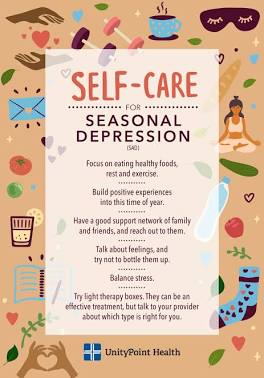Extracurricular activities can be extremely beneficial for students. Extracurriculars are essential to help students develop and can even contribute to their academic success as well as their social skills, and personal growth. Students that participate in extracurricular activities often show better time management skills, which helps with organization and productivity when doing school work.
These activities also provide a crucial opportunity to develop social and leadership skills. Participation in team sports, debate groups, or community service initiatives promotes teamwork and instructs students on effective collaboration with others. These encounters motivate students to express themselves, settle disputes, and forge friendships that have the potential to endure a lifetime.
Leadership positions within these activities also develop self-assurance and decision-making skills, which are essential characteristics in both personal and professional settings. They also play a crucial role in assisting students in discovering and fostering their interests that may not otherwise be included in the standard curriculum. Extracurriculars also help people be more creative.
Being involved can also have its effect on mental health and wellness. Experiencing the excitement of competition, the group activities, or the joy of artistic expression can be immensely rewarding for students. These activities often provide a healthy outlet for stress and anxiety, enabling students to relax and rejuvenate. Additionally, participating in physical activities is associated with better overall health, which can positively influence a student’s academic involvement and concentration.
Lastly, extracurriculars can help people feel included. Students from varied backgrounds unite through clubs, sports teams, and other engagements, promoting inclusivity and understanding. This collective experience can significantly alleviate feelings of isolation and enhance overall school morale. When students feel connected to their peers and their school community, they typically exhibit greater commitment to their education and increased likelihood of active participation in school.
In conclusion, the advantages of extracurricular activities for students reach far beyond the simple enjoyment of these activities. From enhancing academic performance and creating new social bonds that can boost mental health and build community ties, “the importance of these activities is substantial, both during their school years and beyond”. Students are frequently more engaged in their study and more willing to take an active part in school life when they experience a sense of belonging to their peers and school community.






